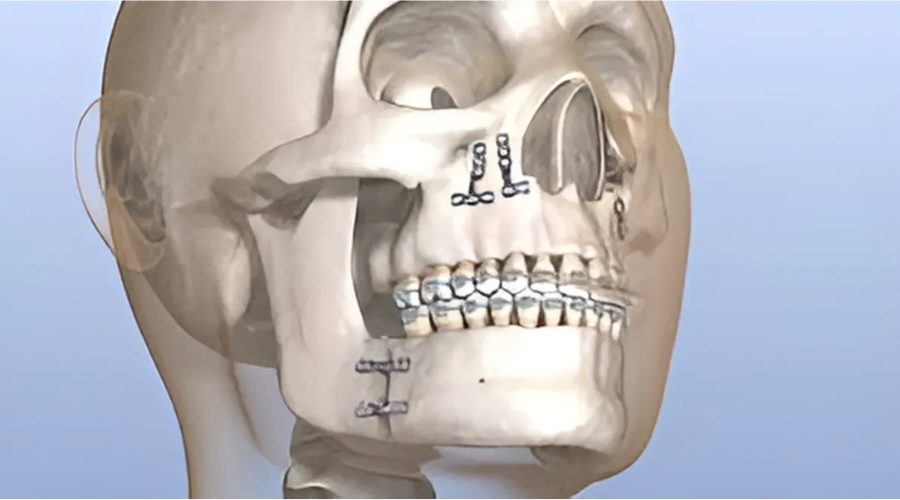
Maxillofacial surgery is a specialized surgical procedure that focuses on treating conditions related to the face, jaw, and oral structures. It is performed to correct facial trauma, jaw misalignment, tumors, or congenital defects, and it plays a crucial role in restoring function, aesthetics, and overall oral health.

The process begins with a detailed examination, including X-rays, CT scans, and 3D imaging, to assess the jaw, facial bones, and oral structures. The surgeon discusses the patient's concerns, explains the procedure, and creates a personalized treatment plan to achieve the best functional and aesthetic outcome.

On the day of surgery, the patient is administered local or general anesthesia for comfort. The surgeon performs the required corrections, which may involve bone repositioning, reshaping, or grafting, depending on the condition being treated. Minimally invasive techniques are often used to reduce scarring and speed up healing.

After surgery, the patient is monitored and given specific post-operative care instructions, including pain management, dietary restrictions, and oral hygiene practices. Swelling and discomfort gradually subside over a few weeks. Follow-up appointments ensure proper healing and long-term success, helping restore function and appearance.